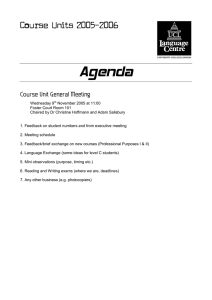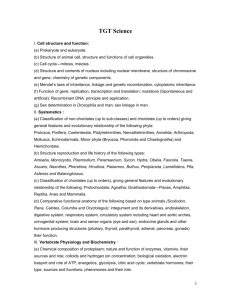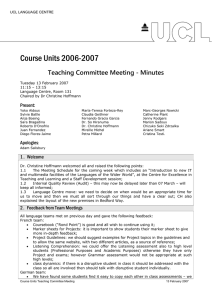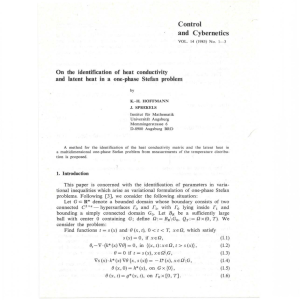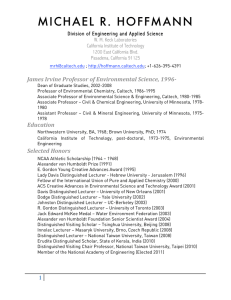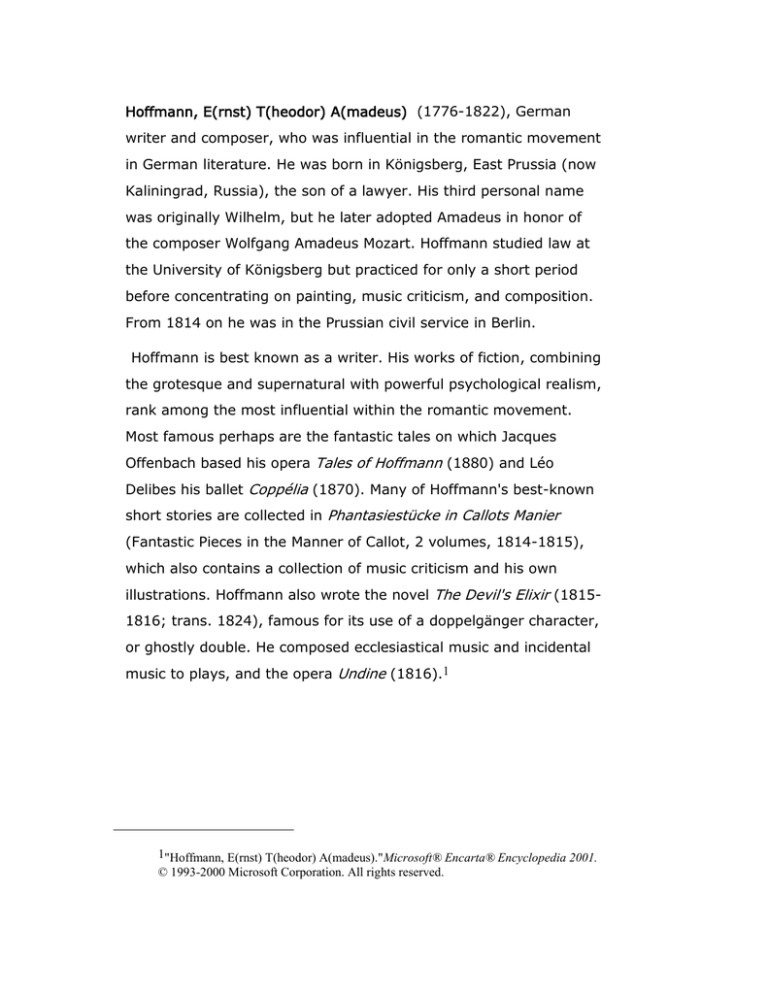
Hoffmann, E(rnst) T(heodor) A(madeus) (1776-1822), German
writer and composer, who was influential in the romantic movement
in German literature. He was born in Königsberg, East Prussia (now
Kaliningrad, Russia), the son of a lawyer. His third personal name
was originally Wilhelm, but he later adopted Amadeus in honor of
the composer Wolfgang Amadeus Mozart. Hoffmann studied law at
the University of Königsberg but practiced for only a short period
before concentrating on painting, music criticism, and composition.
From 1814 on he was in the Prussian civil service in Berlin.
Hoffmann is best known as a writer. His works of fiction, combining
the grotesque and supernatural with powerful psychological realism,
rank among the most influential within the romantic movement.
Most famous perhaps are the fantastic tales on which Jacques
Offenbach based his opera Tales of Hoffmann (1880) and Léo
Delibes his ballet Coppélia (1870). Many of Hoffmann's best-known
short stories are collected in Phantasiestücke in Callots Manier
(Fantastic Pieces in the Manner of Callot, 2 volumes, 1814-1815),
which also contains a collection of music criticism and his own
illustrations. Hoffmann also wrote the novel The Devil's Elixir (18151816; trans. 1824), famous for its use of a doppelgänger character,
or ghostly double. He composed ecclesiastical music and incidental
music to plays, and the opera Undine (1816).1
1"Hoffmann, E(rnst) T(heodor) A(madeus)."Microsoft® Encarta® Encyclopedia 2001.
© 1993-2000 Microsoft Corporation. All rights reserved.

